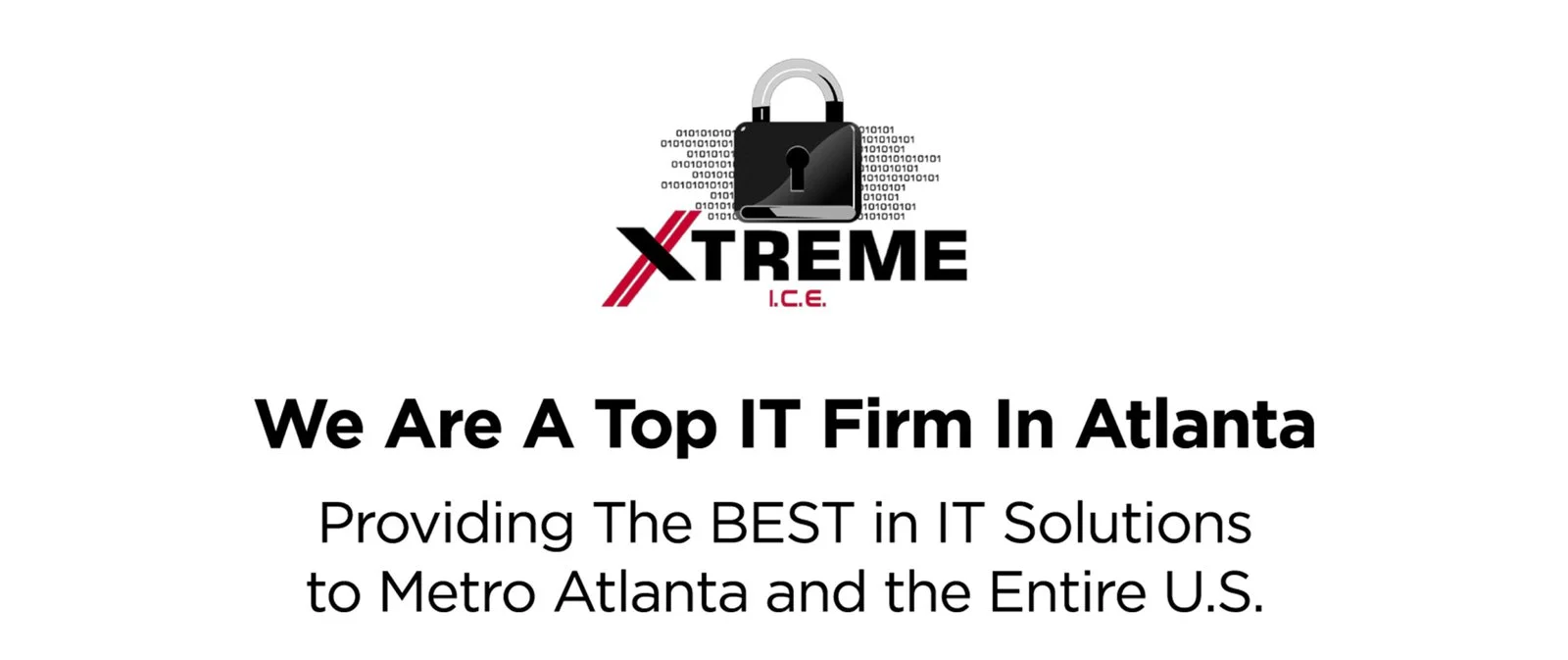
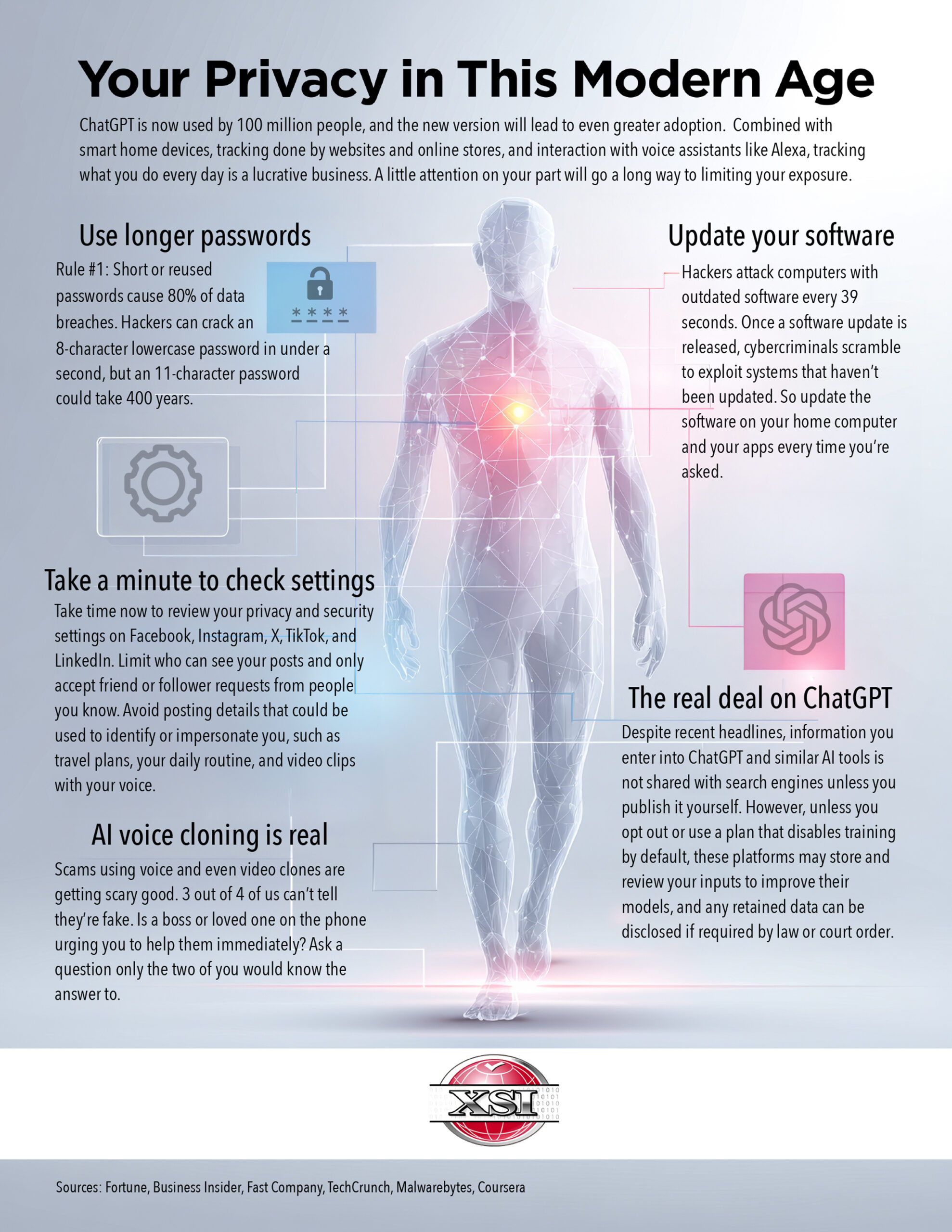
Cybersecurity News You Can Use
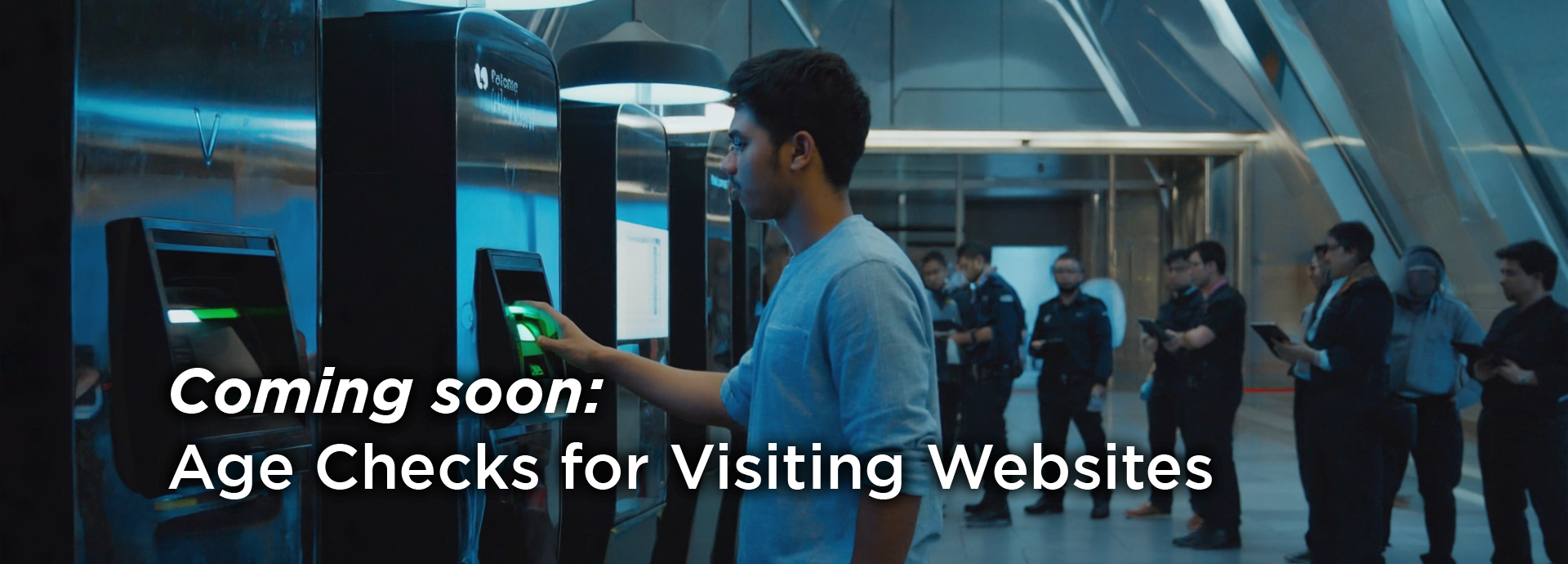
Companies are scrambling to comply with pending laws in the US, UK, and EU that require age verification to visit some websites using tools like facial scans, ID matching, and credit card checks. In the UK, Spotify users will have to verify their identities, or their accounts will be closed.
YouTube, Spotify, Reddit, X, Discord, and Grindr have announced or implemented age assurance or verification checks, often requiring biometric data, government ID, or credit card checks. New York Magazine says, despite these efforts, minors are easily bypassing restrictions using VPNs or fake images. It’s clear we’re heading toward a future where simply browsing online may require proving your identity first.
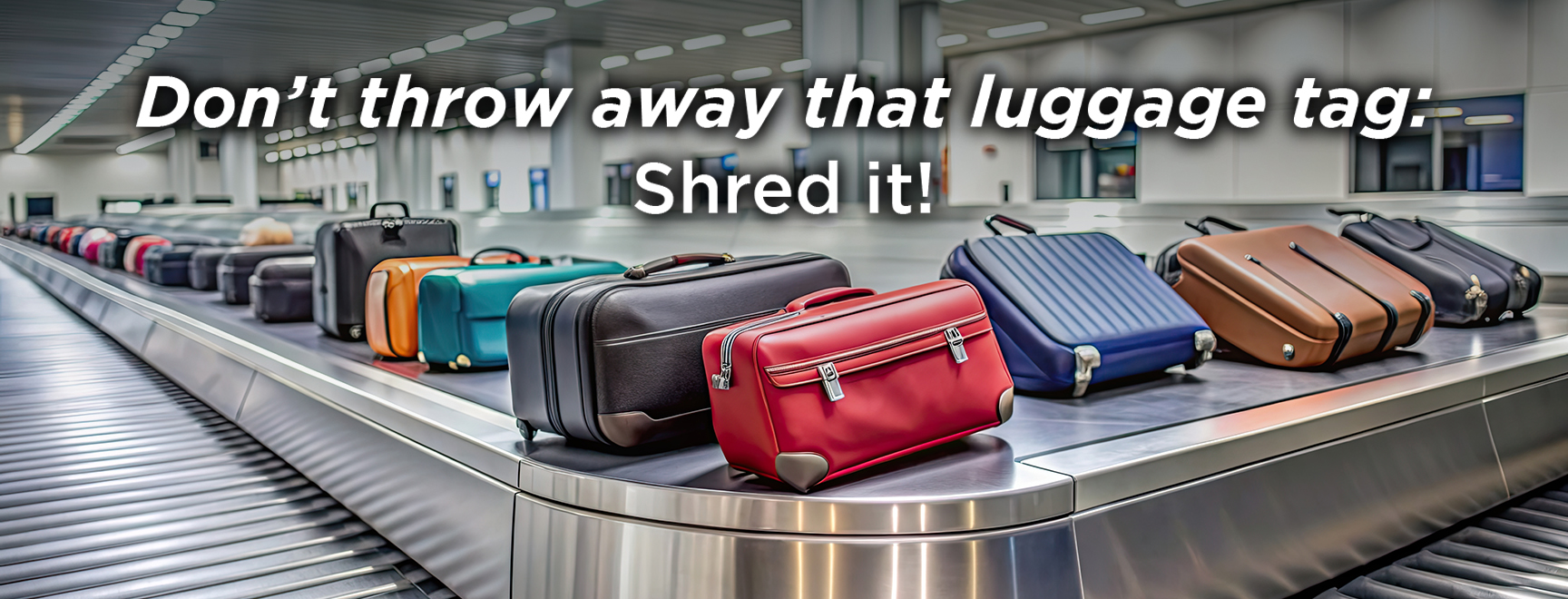
Scammers are collecting tossed baggage tags in airport claim areas and harvesting personal details such as full names, flight numbers, and confirmation codes to file fake lost luggage claims for airline compensation and even attempt to access frequent flyer accounts.
Frommer’s says thieves watch for tags discarded in public trash bins and then exploit that information to pose as you with the airline. Travelers can easily protect themselves: never leave bag tags or boarding passes in airport trash. Take them home and shred them.
Update Your Passwords Now
These organizations say they have been hacked recently. If you do business with any of these companies, change your account password and use two-factor authentication wherever possible.

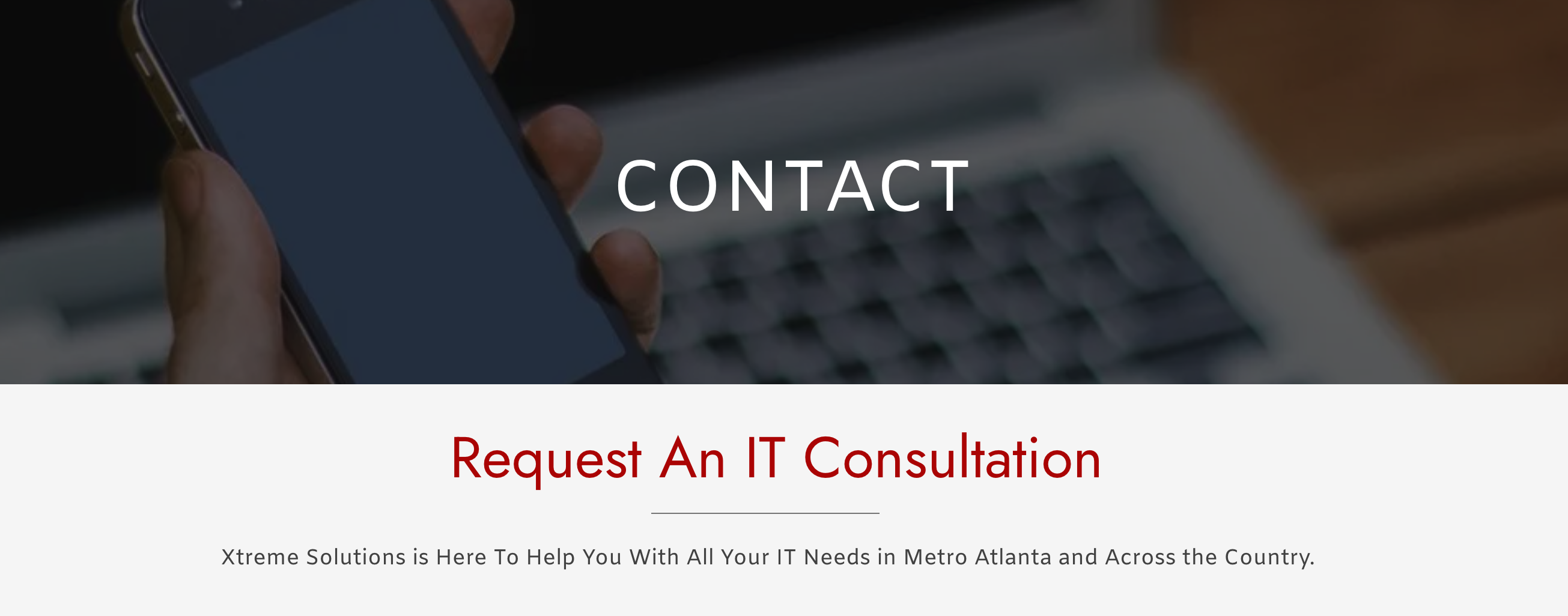
One more thing...
And then there’s this yacht rock group.
Turns out The Velvet Sundown, a viral 60s-style band that topped Spotify charts, is entirely AI-generated. All of it: the music, lyrics, album art and even the band photos are fake. (Obviously, we used AI here to animate the “guys” for this clip.)
After fans grew suspicious over the lack of real people or performances, the creators admitted the project was an artistic experiment meant to provoke discussion about AI’s role in the future of music.
Answers to Your
Cybersecurity Questions
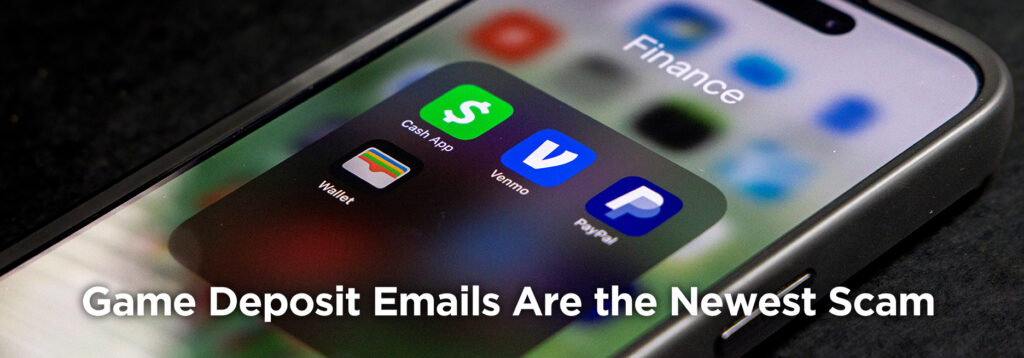
“I keep getting emails saying I’ve received money from games into my Cash App or PayPal account. Most of the time, I haven’t even played the game before. I always report these emails as spam and don’t open them, but how can I make them stop?”
We’re seeing cases where scammers send fake emails claiming you’ve received game payouts through Cash App or PayPal.
The scammer might send money using a stolen credit card or hacked account. When the real owner reports fraud, Cash App reverses the original payment, but you don’t get your refund back, because it came from your own balance or bank.
If you send money back willingly, Cash App usually won’t reimburse you, even if the original payment was fraudulent. Scammers count on that.
Block and ignore the sender and then let Cash App handle any legitimate mistake through official support channels.
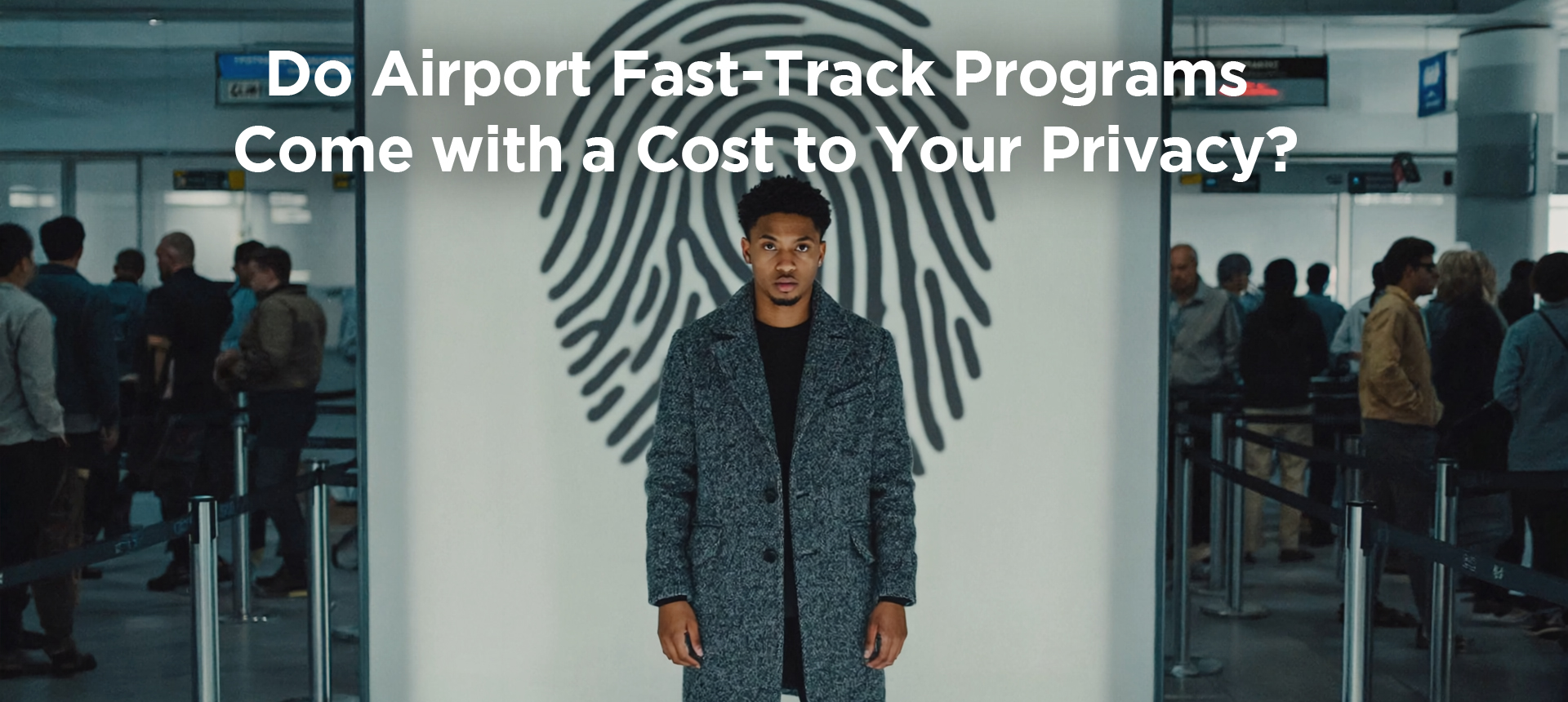
“I’ve seen posts on social media claiming that if I sign up for TSA PreCheck, the US government will gain access to my personal information like mental health records, legal history, and even my social media activity. Is that true? Should I cancel my PreCheck enrollment?”
According to the ACLU, there’s no credible evidence that signing up for TSA PreCheck gives the government unrestricted access to your mental health records, court history, or social media accounts. These rumors spread after a viral video in mid-2025, but fact-checks and official TSA documents confirm they’re false.
TSA PreCheck collects only basic personal details and fingerprints for a standard criminal background check, and this data is protected under federal privacy laws. It never includes medical, mental health, or social media screening unless you explicitly authorize it. So, no, there’s no need to cancel your enrollment based on misinformation.
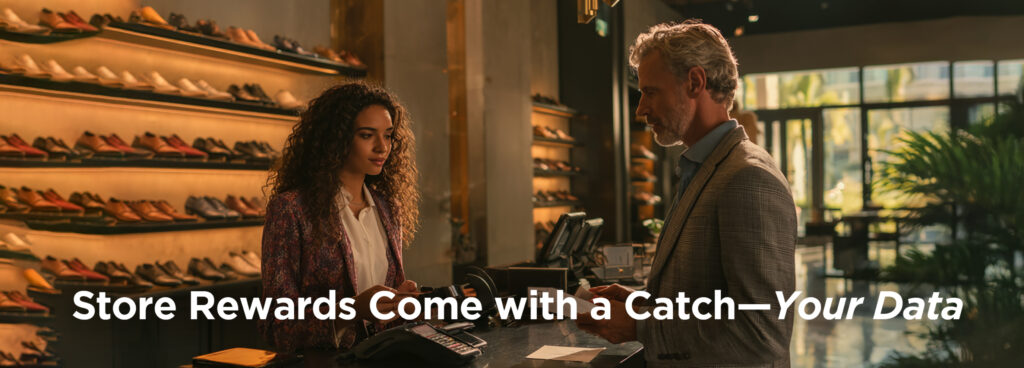
“At a shoe store, I was asked to give my phone number and email to join their shopper rewards program. I’m hesitant because I don’t like the idea of them tracking my purchases. They say I’ll get access to exclusive deals, but I’m not sure it’s worth giving up that information. Is it risky to share personal details like that? Should I be concerned about how they’ll use it?”
Joining a store’s rewards program by sharing your phone number and email can unlock special deals — particularly with grocery store chains — but it also means handing over personal data that may be tracked and shared with other retailers, insurance companies, and even government agencies.
Consumer Reports says this information is often used to track your shopping habits and target you with ads, which can lead to more spam or even identity theft if your data is exposed in a breach. It’s a hassle, but you might consider using a separate email or phone number just for online purchases.
Original content © 2025 Aware Force LLC
